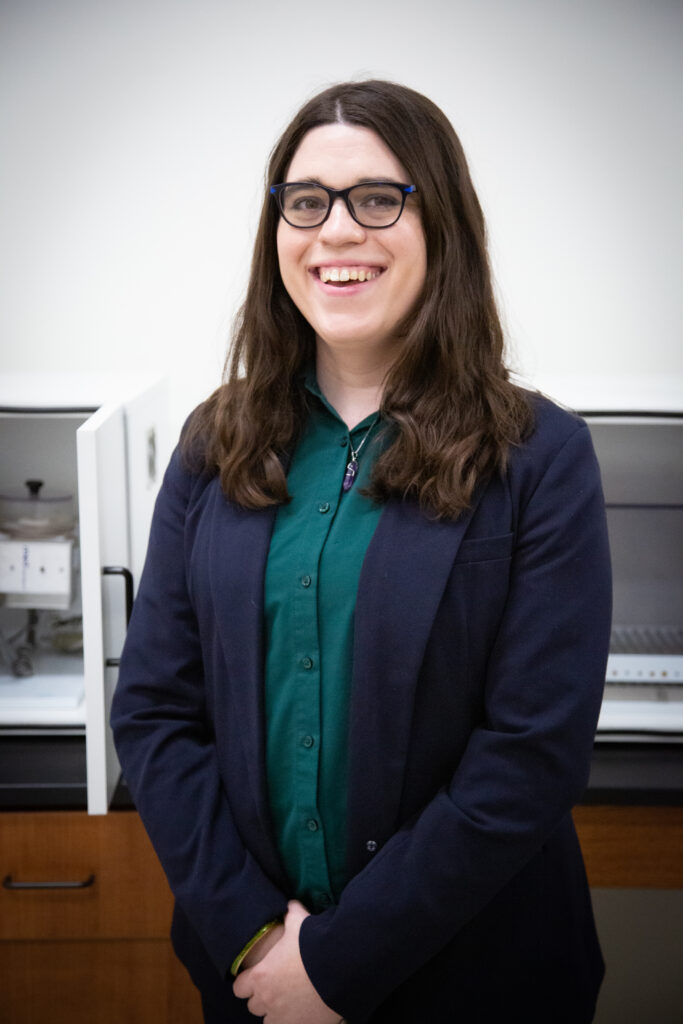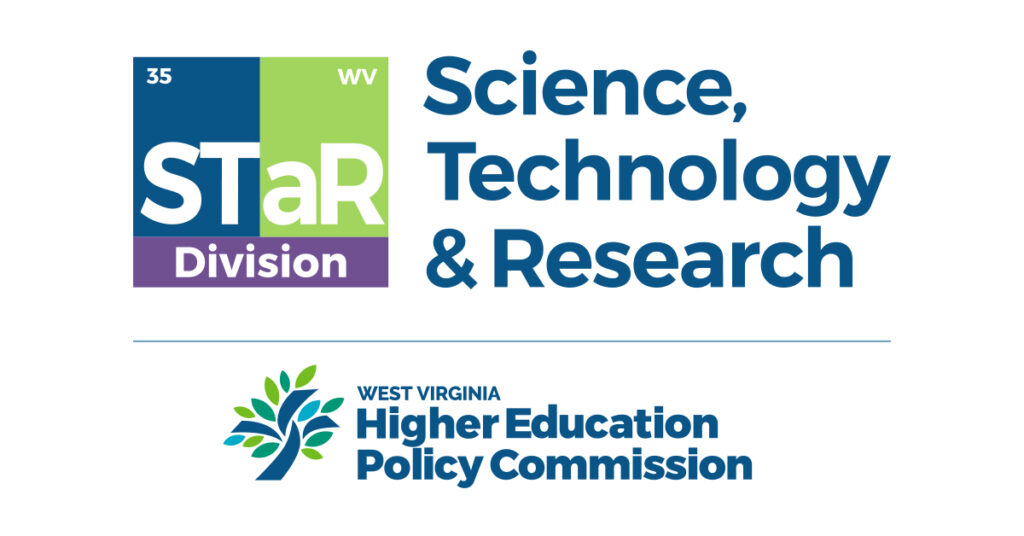Faculty at five West Virginia colleges and universities receive $155,000 in state-funded grants to purchase scientific equipment and enhance student opportunities on their campuses.
The Science, Technology & Research (STaR) division of the West Virginia Higher Education Policy Commission (Commission) awarded two Innovation Grants and four Instrumentation Grants to purchase modern instrumentation and enhance study in science, technology, engineering, and mathematics (STEM). Innovation Grants fund scientific equipment, curriculum improvements, minor renovations, and classroom instruction. Instrumentation Grants purchase scientific equipment for advanced undergraduate teaching laboratories and research to encourage students to pursue STEM careers.
“STaR is pleased to be able to fund the purchase of cutting-edge scientific instrumentation for undergraduates at our state institutions of higher education,” said Dr. Juliana Serafin, senior director of STaR. “The availability of these resources to our faculty and students will help graduates acquire the specific skills they need to build the STEM workforce in West Virginia.”
Instrumentation and Innovation Grants are primarily supported by the Research Challenge Fund, established by the West Virginia Legislature in 2004 to build research capacity and competitiveness at the state’s colleges and universities. It is managed by STaR and matching funds are usually provided by the college or university to increase the size of the award.






Above, first row (left to right): Kuehn, Fu, and Sadowsky. Above, second row: Musselman, Nazari-Sharabian, and Cook.
Innovation Grant Awards
Dr. Stephen Kuehn, associate professor of geology at Concord University and director of the CU Electron Microprobe Laboratory,was awarded $40,000 for “Upgrade of Electron Probe Microanalyzer (EPMA) to Enhance Teaching, Research, and Educational Outreach.” He will use the funds for one part of a set of major upgrades to Concord University’s electron microprobe laboratory, the only facility of its kind in West Virginia.
Dr. Winnie Fu, assistant professor of mechanical engineering at West Virginia University Institute of Technology (WVU Tech),was awarded $39,600 for “COBOT: Undergraduate Collaborative Robotics Curriculum Development at WVU Tech.” She will use the funds to enhance manufacturing automation curriculum through the purchase of a FANUC CRX-i5A industrial collaborative robot (cobot), that will better prepare engineering students for manufacturing positions at companies in West Virginia.
Instrumentation Grant Awards
Dr. Daniel Sadowsky, assistant professor of chemistry at Fairmont State University,was awarded $20,000 for “Acquisition of a Fourier-Transform Infrared Spectrometer to Support Laboratory Courses Across the Core Chemistry Curriculum.” He will use the funds to purchase the new instrument which will allow for further practical experience with IR spectroscopy in core curriculum as well as undergraduate research projects.
Dr. Zachary Musselman, associate professor of geosciences at Shepherd University,was awarded $20,000 for “Shepherd University – Ground Penetrating Radar Equipment.” He will use the funds to purchase ground penetrating radar (GPR) equipment for environmental monitoring and hazard and resource evaluation.
Dr. Mohammad Nazari-Sharabian, assistant professor of civil engineering at West Virginia State University,was awarded $19,394. He will use the funds to acquire six high-performance laptops, enabling the integration of cutting-edge computational fluid dynamics modeling software into curriculum and research activities.
Dr. Jemma Cook, assistant professor of psychology at West Virginia University Institute of Technology (WVU Tech),was awarded $16,008 for “Instruments to Establish Student/Faculty Research on Substance Use at WVUIT.” She will use the funds to establish an animal model of drug self-administration to compliment current curriculum and extend laboratory experiences.
